WSIS Action Line Facilitators Meeting
WSIS
Session 360
Action Line Facilitators
Pursuant to Article 109 of the Tunis Agenda, the sixteenth meeting of the UN WSIS Action Line Facilitators will take place within the framework of the WSIS Forum 2021.
The purpose of the meeting is to assess the general progress made within the WSIS Action Lines, as well as to identify measures to strengthen the overall WSIS implementation process. In addition, this year’s meeting will focus on innovating trends in ICTs and the implementation of the WSIS Action Lines to facilitate the achievement of the Sustainable Development Goals.
Format
This session will be moderated in a dialogue style format engaging all UN WSIS Action Lines Facilitators to identify the key priorities, opportunities and challenges for their respective WSIS Action Line towards the achievement of the SDGs, in particular highlighting the implementation of the WSIS process and the role of the WSIS Action Lines in response to the COVID-19 pandemic.
WSIS Action Lines
С1. The role of public governance authorities and all stakeholders in the promotion of ICTs for development: Deniz Susar, Governance and Public Administration Officer, UN DESA
С2. Information and communication infrastructure: Istvan Bozsoki, Head of Division, ITU
C3. Access to information and knowledge: Joe Hironaka, Programme Specialist, Digital Innovation and Transformation, Communication and Information Sector, UNESCO
C4. Capacity building: Halima Letamo, Capacity and Skills Development Officer, ITU
C5. Building confidence and security in the use of ICTs: Preetam Maloor, Head Emerging Technologies Division, ITU
C6. Enabling environment: Sofie Maddens, Head, Regulatory and Market Environment Division, Telecommunication Development Bureau, ITU
C7. ICT Applications:
E-government: Deniz Susar, Governance and Public Administration Officer, UN DESA
E-business: Paul Donohoe, Manager, Digital Economy and Trade Programme, UPU / James Howe, Senior Adviser International Marketing, Branding and e-Commerce, ITC / Scarlett Fondeur Gil, Economic Affairs Officer, ICT Policy Section, UNCTAD
E-learning: Valtencir Mendes, Senior Programme Lead, Division for Policies and Lifelong Learning Systems, UNESCO Education Sector
E-health: Hani Eskandar, Digital Services Senior Coordinator, ITU / Sameer Pujari - Vice-Chair, Focus Group: AI 4 Health, WHO
E-employment: Maria Prieto, Employment and Future of Work Specialist, ILO
E-environment: Omar Baddour, Head of the Climate Monitoring and Policy division, WMO / Maritza Delgado, Program Officer of the Environment and Emergency Telecommunications Division, ITU / (TBC), UNEP
E-agriculture: Meng ZENG, Information Technology Officer, FAO
E-science: Joe Hironaka, Programme Specialist, Digital Innovation and Transformation, Communication and Information Sector, UNESCO
C8. Cultural diversity and identity, linguistic diversity and local content: Rochelle Roca-Hachem, Programme Specialist, Communications, Cities and Events Unit, UNESCO Culture Sector
C9. Media: Joe Hironaka, Programme Specialist, Digital Innovation and Transformation, Communication and Information Sector, UNESCO
C10. Ethical dimensions of the Information Society: Maksim Karliuk, Programme Specialist Section for Bioethics and Ethics of Science and Technology, UNESCO Social & Human Sciences Sector
C11. International and regional cooperation: Deniz Susar, Governance and Public Administration Officer, UN DESA







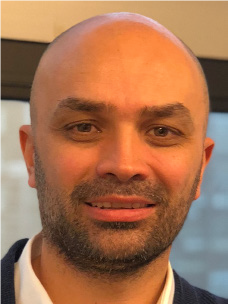
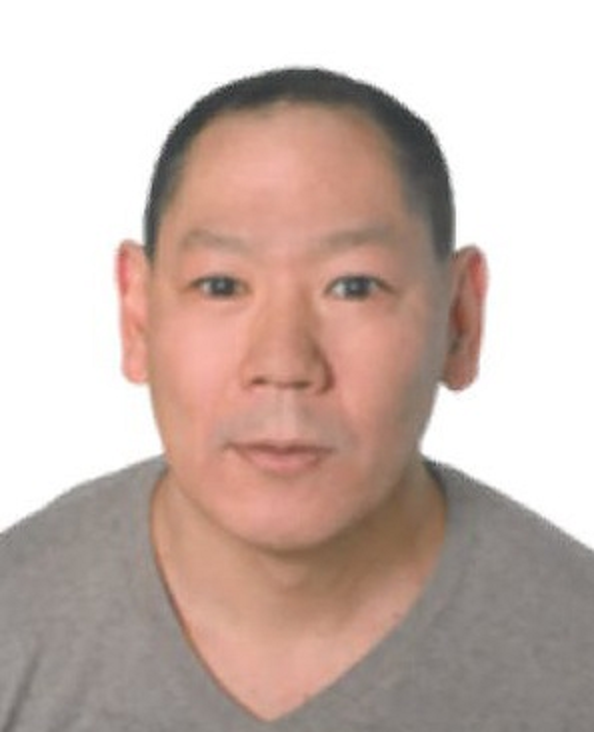
.jpg)

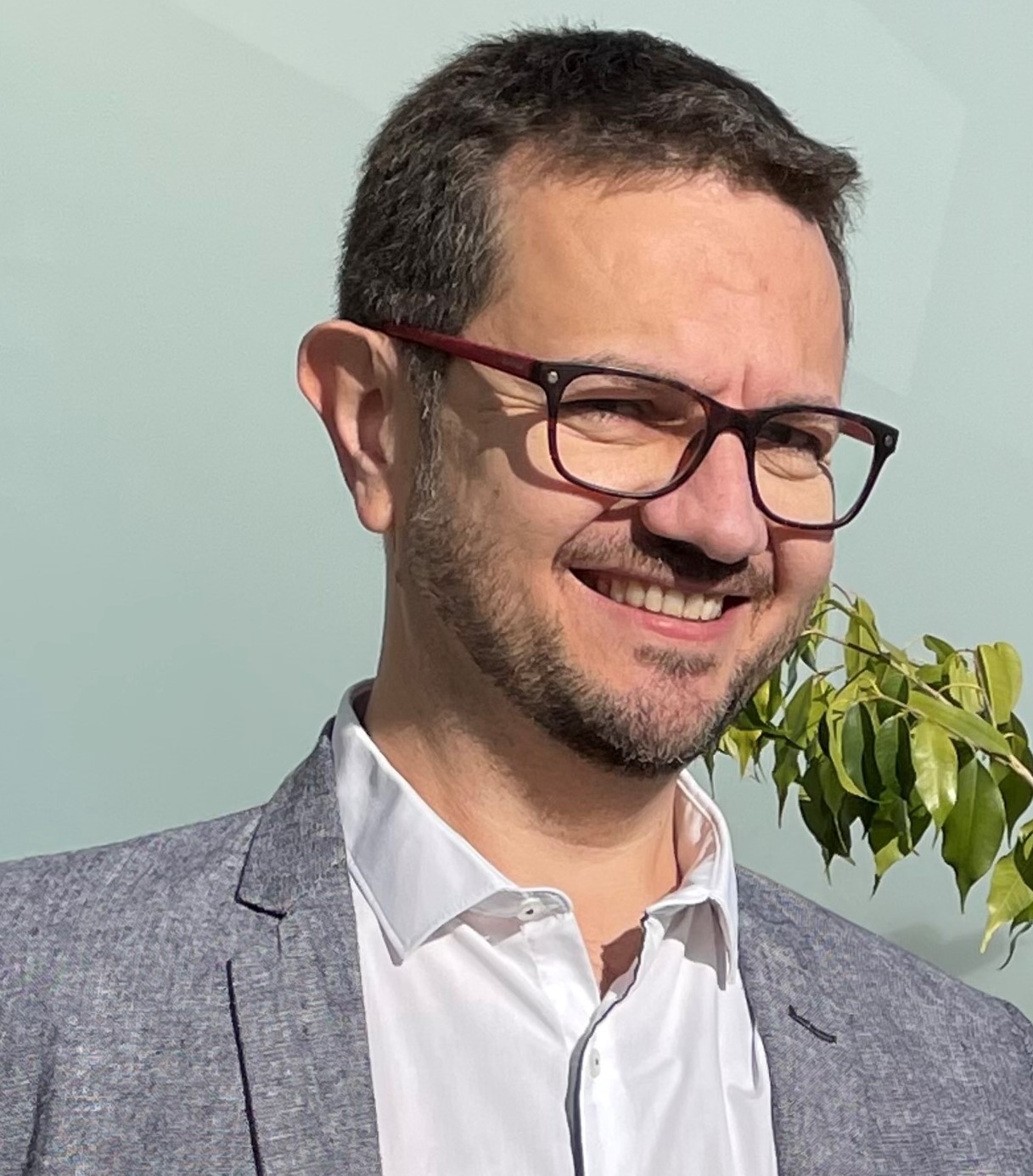.jpg)

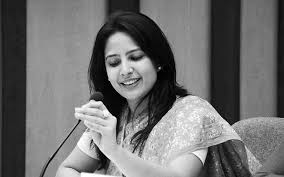
-
 C1. The role of governments and all stakeholders in the promotion of ICTs for development
C1. The role of governments and all stakeholders in the promotion of ICTs for development
-
 C2. Information and communication infrastructure
C2. Information and communication infrastructure
-
 C3. Access to information and knowledge
C3. Access to information and knowledge
-
 C4. Capacity building
C4. Capacity building
-
 C5. Building confidence and security in use of ICTs
C5. Building confidence and security in use of ICTs
-
 C6. Enabling environment
C6. Enabling environment
-
 C7. ICT applications: benefits in all aspects of life — E-government
C7. ICT applications: benefits in all aspects of life — E-government
-
 C7. ICT applications: benefits in all aspects of life — E-business
C7. ICT applications: benefits in all aspects of life — E-business
-
 C7. ICT applications: benefits in all aspects of life — E-learning
C7. ICT applications: benefits in all aspects of life — E-learning
-
 C7. ICT applications: benefits in all aspects of life — E-health
C7. ICT applications: benefits in all aspects of life — E-health
-
 C7. ICT applications: benefits in all aspects of life — E-employment
C7. ICT applications: benefits in all aspects of life — E-employment
-
 C7. ICT applications: benefits in all aspects of life — E-environment
C7. ICT applications: benefits in all aspects of life — E-environment
-
 C7. ICT applications: benefits in all aspects of life — E-agriculture
C7. ICT applications: benefits in all aspects of life — E-agriculture
-
 C7. ICT applications: benefits in all aspects of life — E-science
C7. ICT applications: benefits in all aspects of life — E-science
-
 C8. Cultural diversity and identity, linguistic diversity and local content
C8. Cultural diversity and identity, linguistic diversity and local content
-
 C9. Media
C9. Media
-
 C10. Ethical dimensions of the Information Society
C10. Ethical dimensions of the Information Society
-
 C11. International and regional cooperation
C11. International and regional cooperation
-
 Goal 1: End poverty in all its forms everywhere
Goal 1: End poverty in all its forms everywhere
-
 Goal 2: End hunger, achieve food security and improved nutrition and promote sustainable agriculture
Goal 2: End hunger, achieve food security and improved nutrition and promote sustainable agriculture
-
 Goal 3: Ensure healthy lives and promote well-being for all
Goal 3: Ensure healthy lives and promote well-being for all
-
 Goal 4: Ensure inclusive and equitable quality education and promote lifelong learning opportunities for all
Goal 4: Ensure inclusive and equitable quality education and promote lifelong learning opportunities for all
-
 Goal 5: Achieve gender equality and empower all women and girls
Goal 5: Achieve gender equality and empower all women and girls
-
 Goal 6: Ensure access to water and sanitation for all
Goal 6: Ensure access to water and sanitation for all
-
 Goal 7: Ensure access to affordable, reliable, sustainable and modern energy for all
Goal 7: Ensure access to affordable, reliable, sustainable and modern energy for all
-
 Goal 8: Promote inclusive and sustainable economic growth, employment and decent work for all
Goal 8: Promote inclusive and sustainable economic growth, employment and decent work for all
-
 Goal 9: Build resilient infrastructure, promote sustainable industrialization and foster innovation
Goal 9: Build resilient infrastructure, promote sustainable industrialization and foster innovation
-
 Goal 10: Reduce inequality within and among countries
Goal 10: Reduce inequality within and among countries
-
 Goal 11: Make cities inclusive, safe, resilient and sustainable
Goal 11: Make cities inclusive, safe, resilient and sustainable
-
 Goal 12: Ensure sustainable consumption and production patterns
Goal 12: Ensure sustainable consumption and production patterns
-
 Goal 13: Take urgent action to combat climate change and its impacts
Goal 13: Take urgent action to combat climate change and its impacts
-
 Goal 14: Conserve and sustainably use the oceans, seas and marine resources
Goal 14: Conserve and sustainably use the oceans, seas and marine resources
-
 Goal 15: Sustainably manage forests, combat desertification, halt and reverse land degradation, halt biodiversity loss
Goal 15: Sustainably manage forests, combat desertification, halt and reverse land degradation, halt biodiversity loss
-
 Goal 16: Promote just, peaceful and inclusive societies
Goal 16: Promote just, peaceful and inclusive societies
-
 Goal 17: Revitalize the global partnership for sustainable development
Goal 17: Revitalize the global partnership for sustainable development


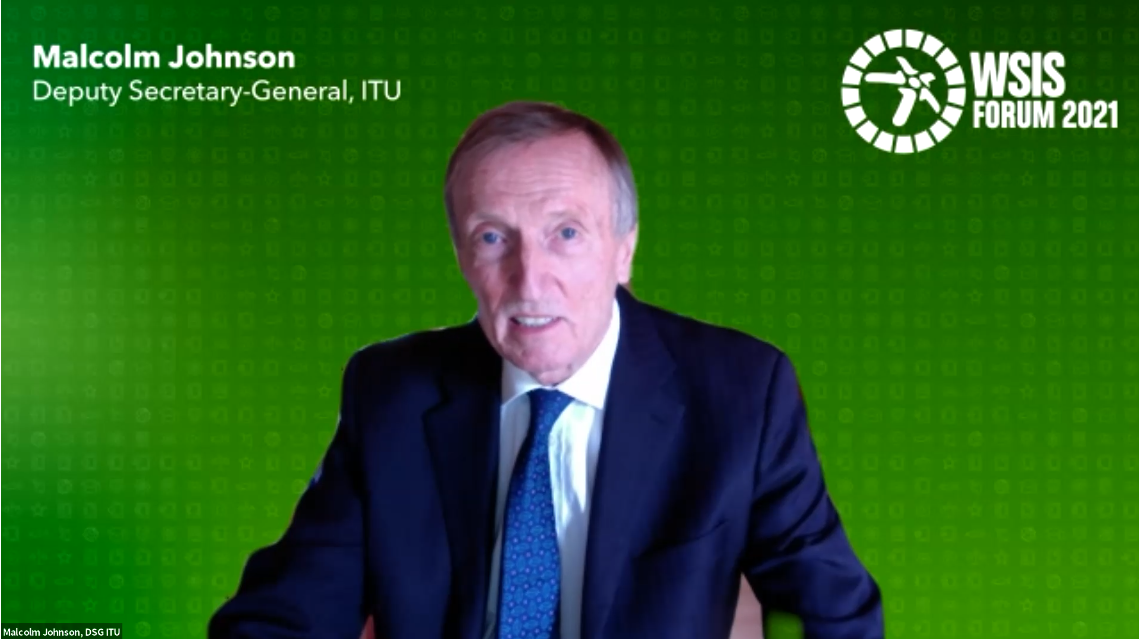
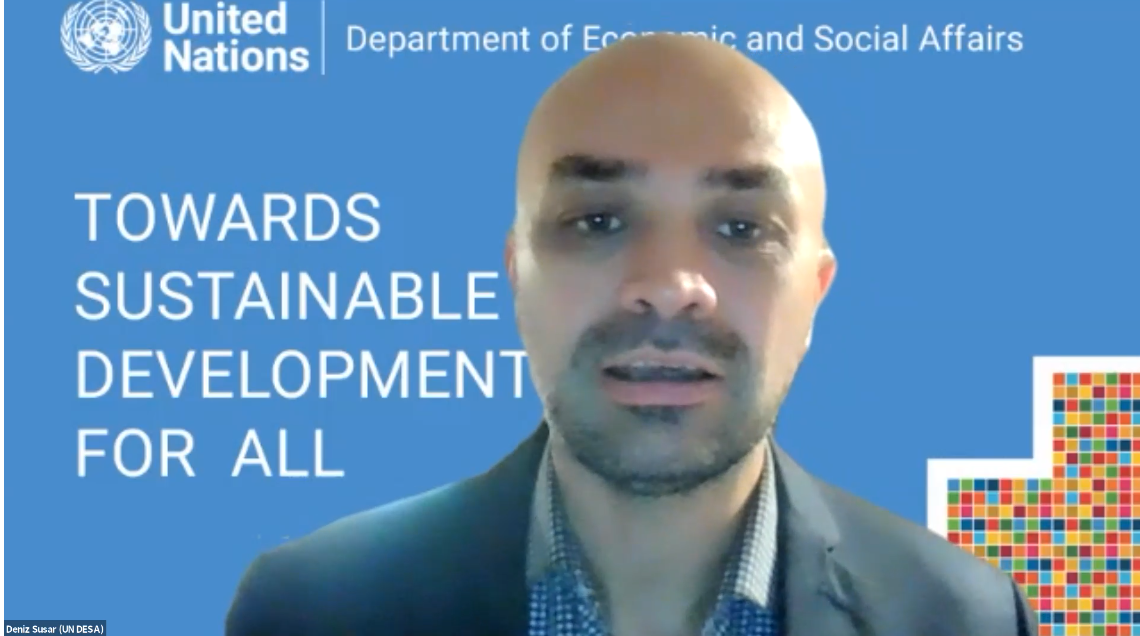

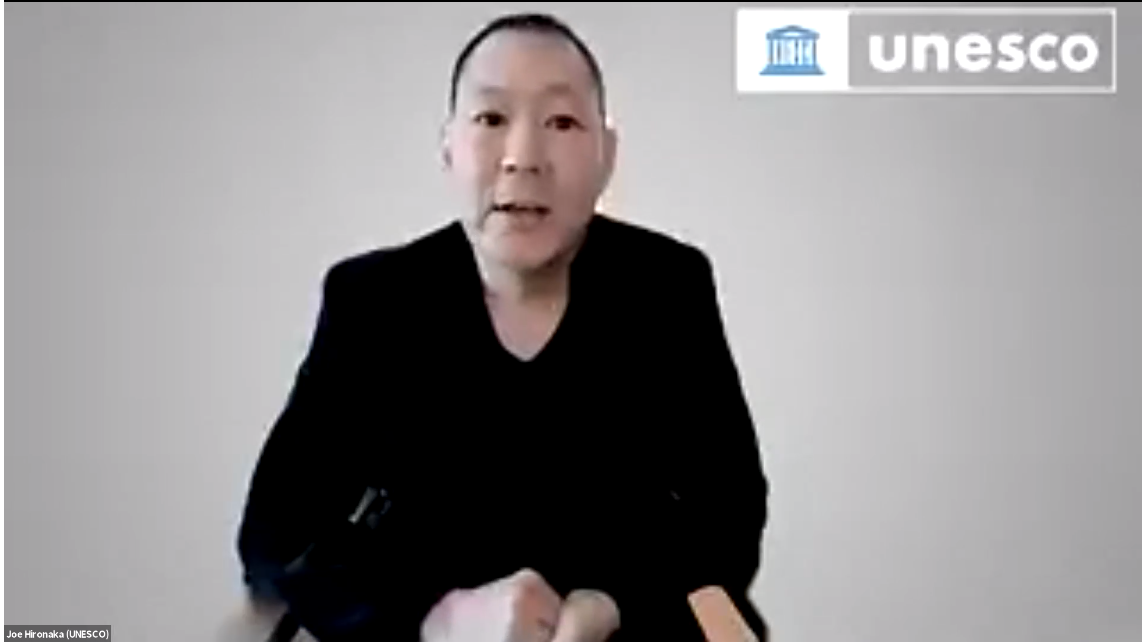
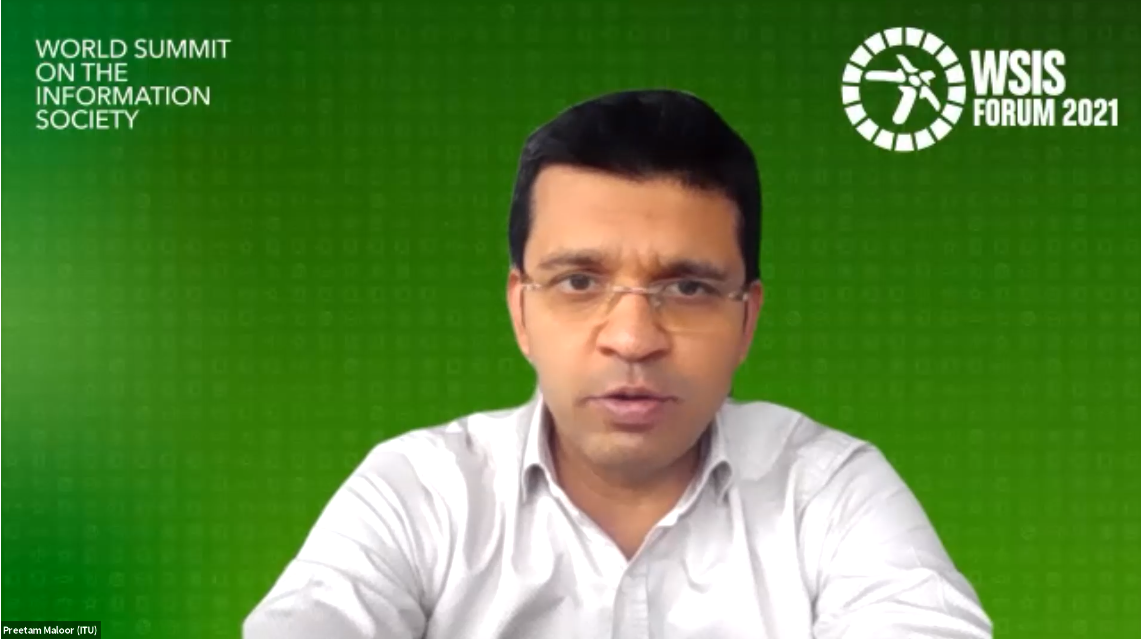
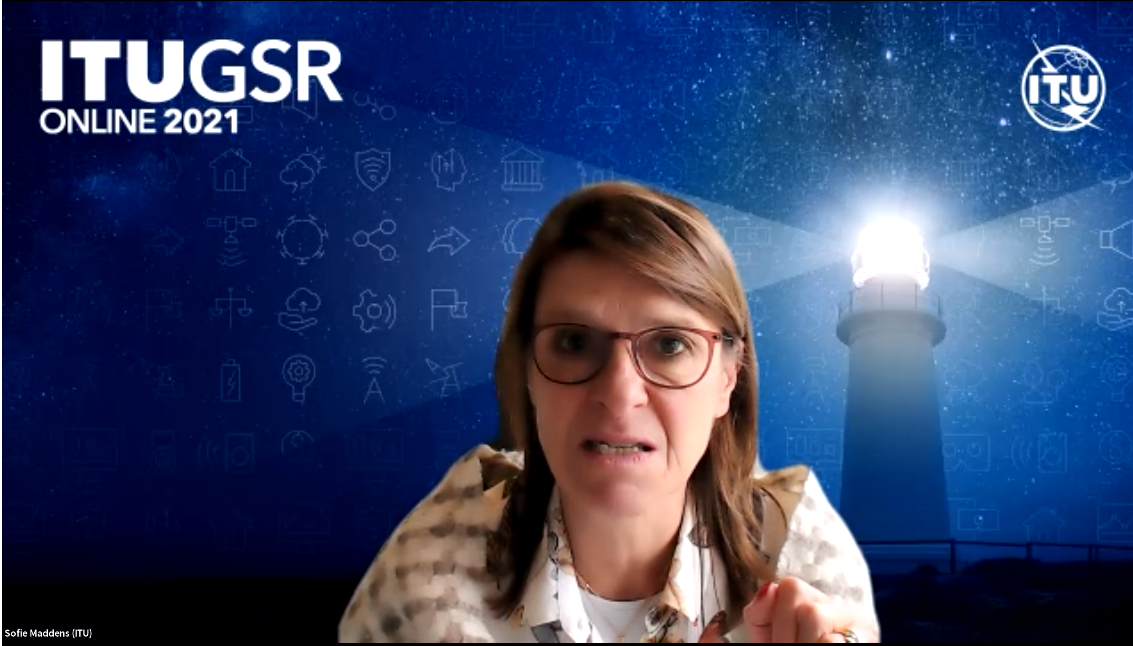
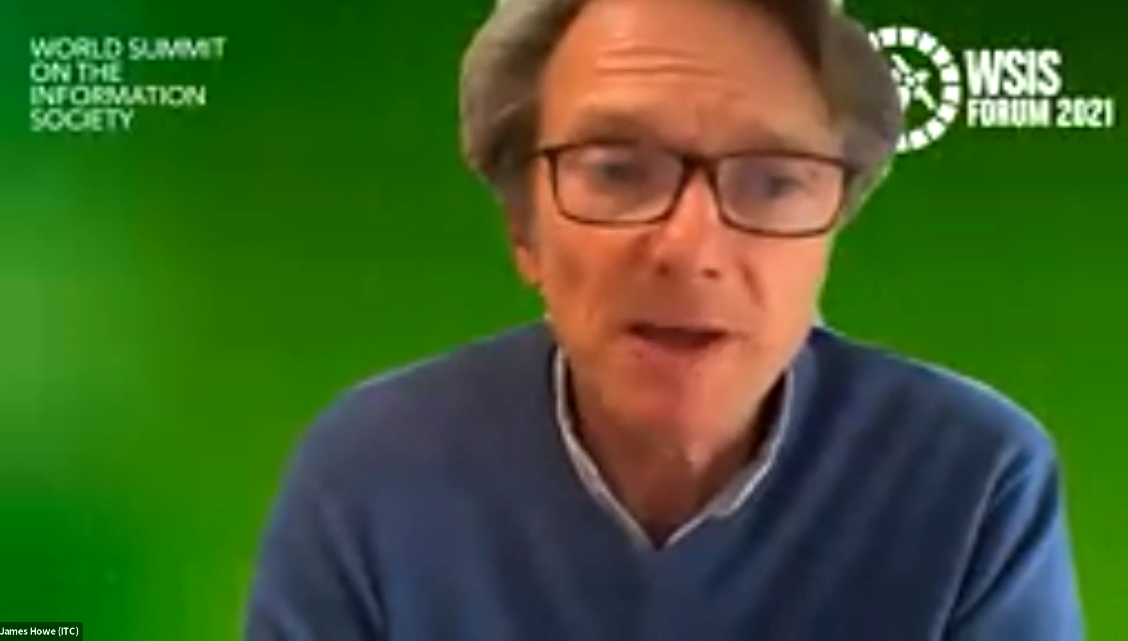
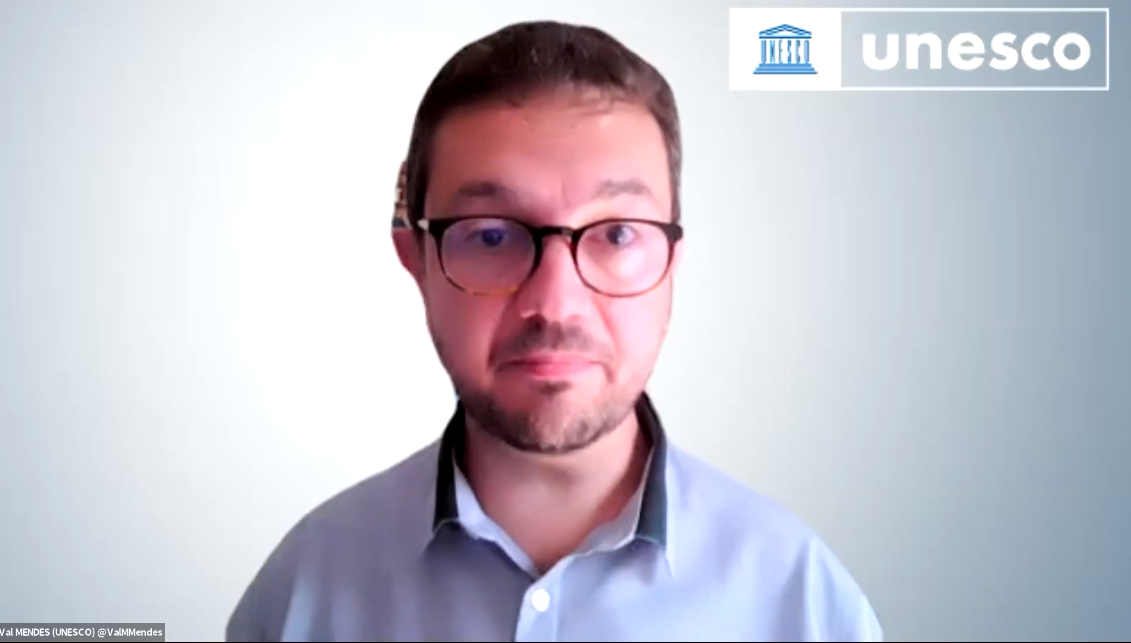

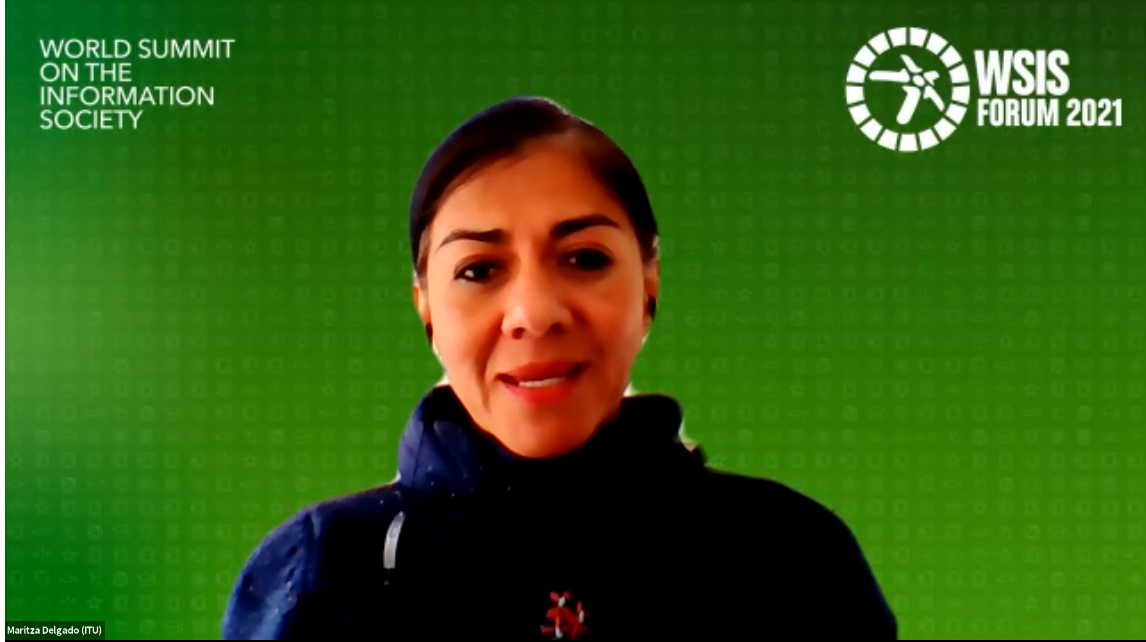
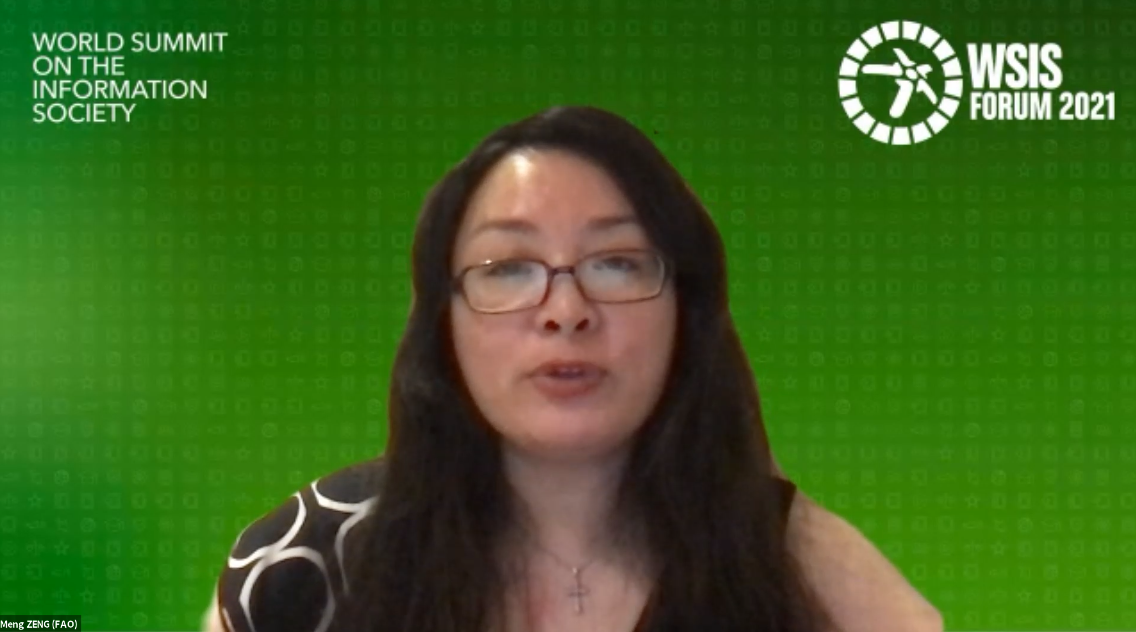

.png)